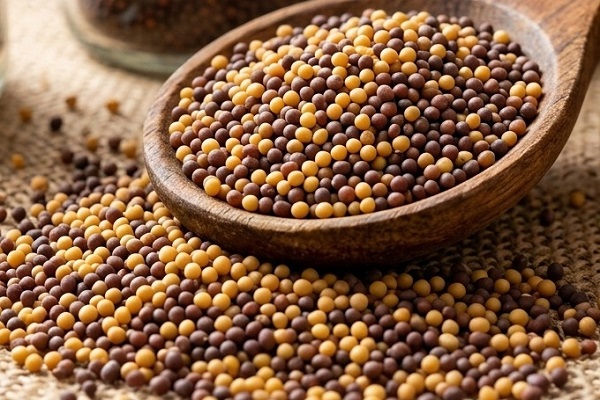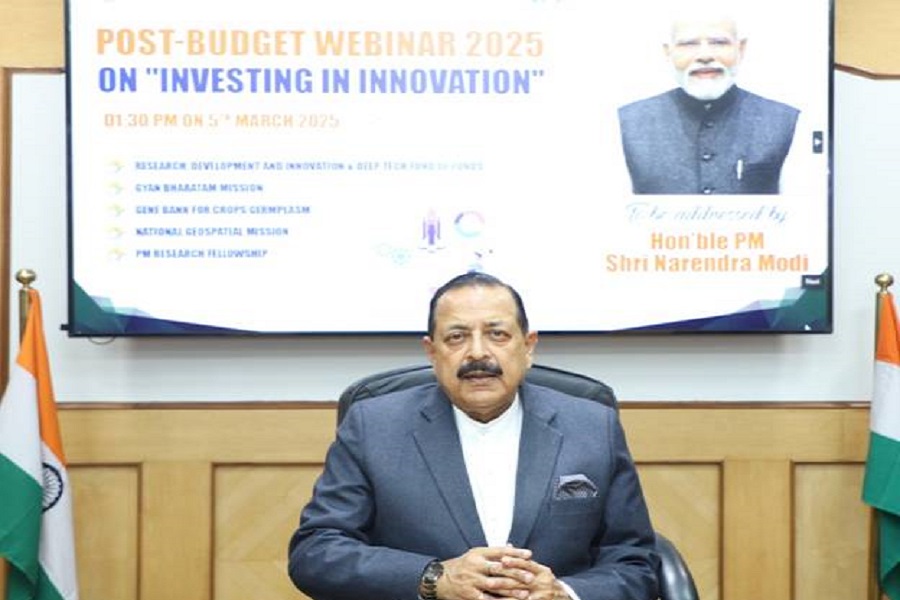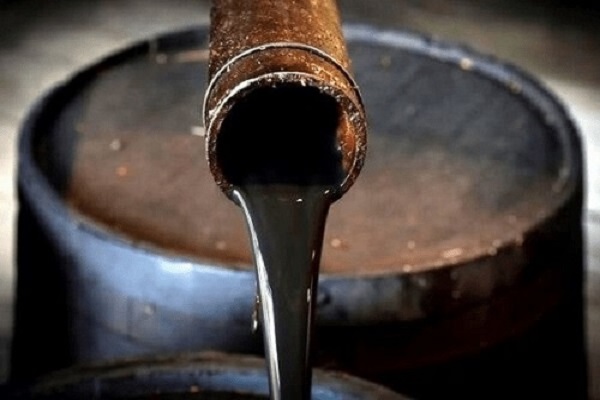Agri Commodity Technical Report 21 January 2025 - Geojit Financial Services Ltd

MARKET NEWS/UPDATES
* Sowing of rabi crops in Karnataka as of Dec. 31 rose by nearly 12% on year to 2.4 million hectares from 2.2 million hectares in the corresponding period last year, according to a report released by the state agriculture department. Karnataka's chana acreage was 1.1 million hectares, up 9.3% on year from 962,000 hectares sown last year. The acreage under horse gram, or kulthi dal, was 94,000 hectares, down from 97,000 hectares a year ago. The total area sown under all pulses was 1.2 million hectares, up from 1.1 million hectares last year, the report showed. Jowar, wheat, chana, onions, and chillies are the key crops grown in the state during the rabi season, according to the report. The state has set a target of sowing rabi crops on 2.6 million hectares for the season, of which 94% has been covered. Jowar acreage as of Dec. 31 rose to 573,000 hectares from 553,000 hectares a year ago. The area under wheat was 156,000 hectares, up from 131,000 hectares sown in the previous year. Similarly, maize acreage rose to 136,000 hectares from 106,000 hectares last year, according to the report. The total area sown under all oilseeds was 207,000 hectares, up from 150,000 hectares sown a year ago, the report showed. Under oilseeds, the acreage under groundnut rose to 149,000 hectares from 110,000 hectares last year. Sugarcane acreage in the state was 95,000 hectares, up from 82,000 hectares sown in the same period last year, according to the report.
* The area under rabi crops in Telangana was up 2.6% on year as of Wednesday at 3.4 million acres, according to a report released by the state agriculture department. The normal acreage for the season in Telangana is 6.35 million acres (1 acre = 0.4 hectares), the report said. Maize acreage so far was 568,191 acres, up 45.3% on year from 391,143 acres a year ago. The area under paddy was 2.1 million acres, down from 2.3 million acres a year ago, the report showed. On the other hand, the area under jowar rose to 133,145 acres from 88,020 acres a year ago. Good rainfall in late September and early October led to optimal conditions for sowing of rabi crops, the report said. The state received 30% excess rainfall during the southwest monsoon season at 962.6 mm, compared with the normal of 738.6 mm, the report said. As of Wednesday, chana acreage fell to 213,749 acres from 247,324 acres a year ago, according to the report. The area under black gram, or urad, rose to 40,570 acres from 28,164 acres. The total area under all pulses was 266,243 acres, down from 287,981 acres a year ago. The total area in the state under all oilseeds was 239,839 acres, up from 219,750 acres a year ago. Under oilseeds, the acreage of groundnut rose to 221,010 acres from 192,478 acres a year ago, the report showed. Tobacco acreage as of Wednesday rose to 10,171 acres from 5,811 acres a year ago. Rabi crops in Telangana are sown between October and December after the monsoon rains are over, and harvested between February and May. This year, however, sowing started late because of delay in the withdrawal of the southwest monsoon, which in turn delayed the harvest of kharif crops.
* Union Minister of Commerce & Industry, Shri Piyush on Tuesday inaugurated the National Turmeric Board in New Delhi. Shri Goyal announced Shri Palle Ganga Reddy as its first Chairperson. The headquarters of the Board has been set up at Nizamabad. He highlighted that representatives from various ministries will also be a part of the National Turmeric Board. Representatives from exporters and producers bodies will also be added to the Board. Adding that turmeric is also known as ‘Golden Spice’, he pointed out that the newly formed Board will pay special attention to the welfare of the turmeric farmers spread across 20 states, including Maharashtra, Tamil Nadu, Andhra Pradesh, Telangana, Madhya Pradesh, Meghalaya and others. He said that there is immense potential in increasing turmeric production in Andhra Pradesh and Telangana and formation of the Turmeric Board will boost income of turmeric producers in the country. The Minister noted that the new Board will promote research and development of new turmeric products, and will look into the value addition of turmeric related products for marketing abroad. The Board will also look into creating awareness on the essential and medical properties of turmeric, ways to increase its yield and boost logistics and supply chain to foster trade into newer markets, he said. Shri Goyal also highlighted that the Board will also ensure quality and safety standards of turmeric production and exports.
* Prices of tur are likely to remain under pressure in the short term due to rising arrivals of the Kharif crop, particularly from Vidarbha, Maharshtra, according to the India Pulses and Grains Association. High moisture content in early arrivals is dampening mill demand, but purchases are expected to pick up as quality improves. Increased imports from Myanmar and the likely extension of the duty -free import policy could add to the downward pressure on prices. Government procurement, including the approved purchase of 306150 tonnes in Karnataka, may offer some price support. Tur prices fell in the week ending Saturday, with Kalaburagi prices dropping by INR 61 to INR 6333-8150 per 100kg, while in Akola, Maharashtra, prices declined by INR 150 to INR 7650-7700 per 100kg.
* Prices of chana are expected to remain weak in the short term due to ongoing imports of cheaper Australian chana and the increasing rabi harvest, according to the India Pulses and Grains Association. The availability of low cost yellow peas as an alternative is also likely to weigh on prices. While upcoming events like Ramadan, Maha Kumbh Mela, and the wedding season may temporily limit the decline, a significant price recovery remains unlikely. The association noted that chana prices in Indore, Madhya Pradesh, fell by INR 200 to INR 6425-6450 per 100kg, while in Akola, Maharshtra, prices dropped by INR 150 to INR 6375-6400 per 100kg. The decline is attributed to cheaper imports, weak mill demand, and cautious trader activity as supplies from the new crop are expected to rise next month.
For More Geojit Financial Services Ltd Disclaimer https://www.geojit.com/disclaimer
SEBI Registration Number: INH200000345





.jpg)

















